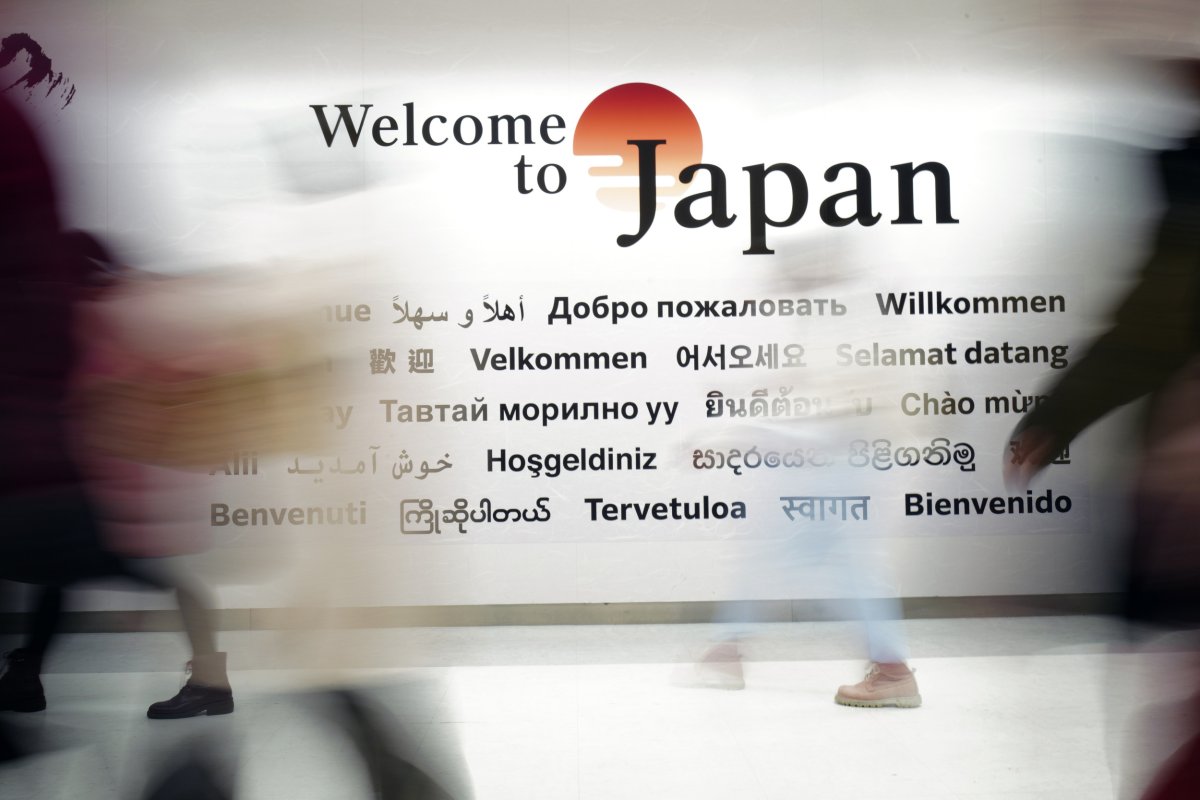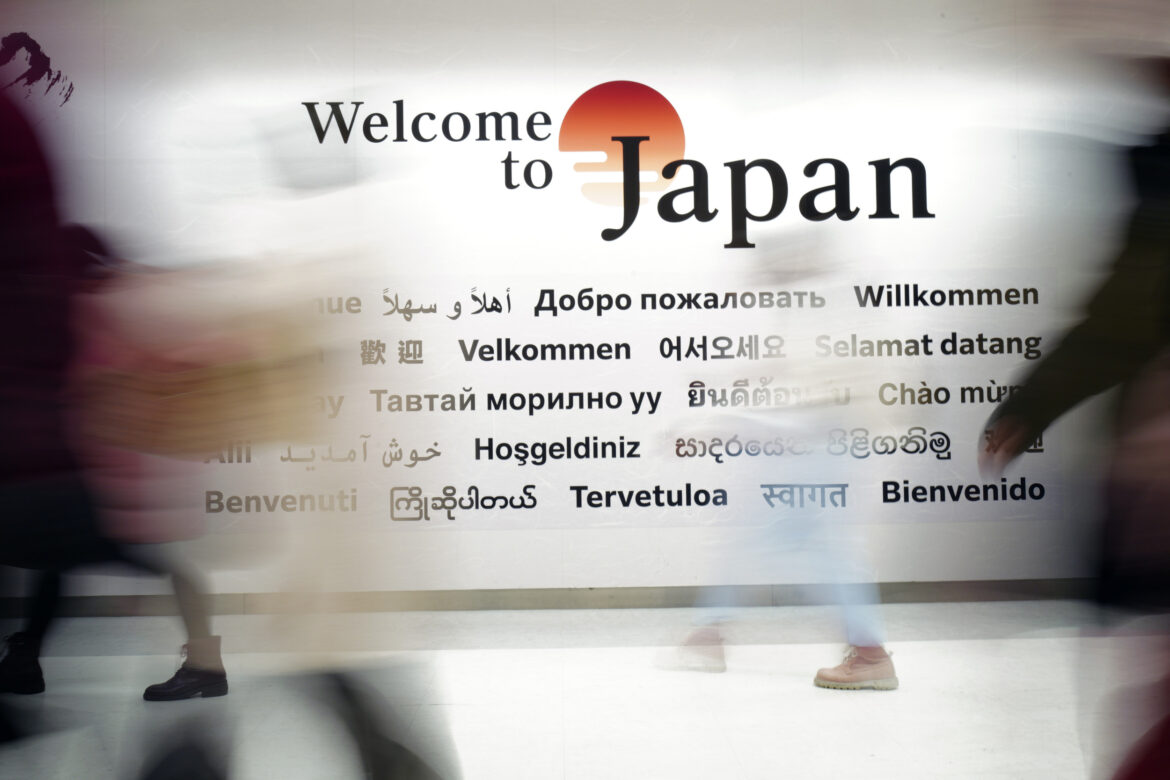Japan’s government has launched a task force to deal with concerns about an uptick in foreign nationals living there.
Prime Minister Shigeru Ishiba and Chief Cabinet Secretary Yoshimasa Hayashi announced the “Office for the Promotion of a Society of Harmonious Coexistence with Foreign Nationals” on July 15.
The move comes as the issue of a record number of foreign nationals living there has become an election topic.
Why it Matters
The task force’s establishment marked the most visible government response to growing public concerns as the number of foreign residents reached about 3.8 million as of the end of 2024, according to the Japanese data site Nippon.
This is the third consecutive record high, increasing by 10.5 percent year-on-year. But foreign nationals still only make up just 3 percent of Japan’s total population of 120 million.
What To Know
Hayashi explained the reason for the task force in a press meeting on July 15, saying there are “situations in which the people feel anxious and unfair due to crimes and nuisances committed by some foreigners and inappropriate use of various systems.”
“Realizing an orderly coexistence society with foreigners is one of the important policy issues that the government must address,” he said.
Tasks will include creating a shared data information system for central and local governments to use and reviewing existing immigration rules and practices that do not take into account how much more globalized Japan currently is.
Japan has long had strict immigration laws, but the country has slowly eased them as its population has aged and birth rates have declined.
The influx of foreigners does seem to be a concern for many Japanese citizens, with public opinion polls showing a rise in support for a small “Japanese First” agenda.
A February survey found that 71 percent of foreign nationals in Japan had been questioned by police on the streets in the past five years (5.6-fold higher than Japanese people), Japanese news agency Kyodo News reported.
This is despite the fact that the crime rate for foreign nationals is around the same as for Japanese.
Some 9,736 foreigners (this includes tourists and foreign residents) were arrested in 2023—5.3 percent of the total number of people arrested that year, according to a white paper by the Ministry of Justice.
In 2012, after the U.S. Embassy posted that it has received “reports of foreigners stopped and searched by Japanese police in suspected racial profiling incidents,” Japan’s National Police Agency sent out an advisory to police forces, saying officers “should not base their decisions solely on how they look, such as appearance and clothing.”
Naomi Kawahara, the founder of the advocacy group Japan for Black Lives told Kyodo News she thinks the public is responding to an influx of foreigners and a small minority carrying out problematic behavior.

File photo of Narita international airport in Narita, near Tokyo, taken Jan. 23, 2020.
File photo of Narita international airport in Narita, near Tokyo, taken Jan. 23, 2020.
AP
What People Are Saying
Chief Cabinet Secretary Hayashi said: “In order to ensure Japan’s transition to a growth-based economy, it is essential that we incorporate overseas vitality, but we are also facing situations where citizens feel anxious due to crimes and nuisances committed by some foreigners, as well as inappropriate use of various systems. Ensuring the safety and security of our citizens is an essential prerequisite for economic growth, and realizing an orderly society in which we can coexist with foreigners is one of the important policy issues that the government must address. I believe that this is an issue that is of great interest to the public.”
Prime Minister Ishiba said: “We will set up a secretariat and, with this command center, will comprehensively promote a variety of policies aimed at realizing an orderly society in which we can coexist with foreign nationals.”
What Happens Next
The outcome of Sunday’s election may determine the pace and scope of these changes, especially as opposition parties seek to distinguish themselves with their own approaches on foreign resident policy.


AloJapan.com